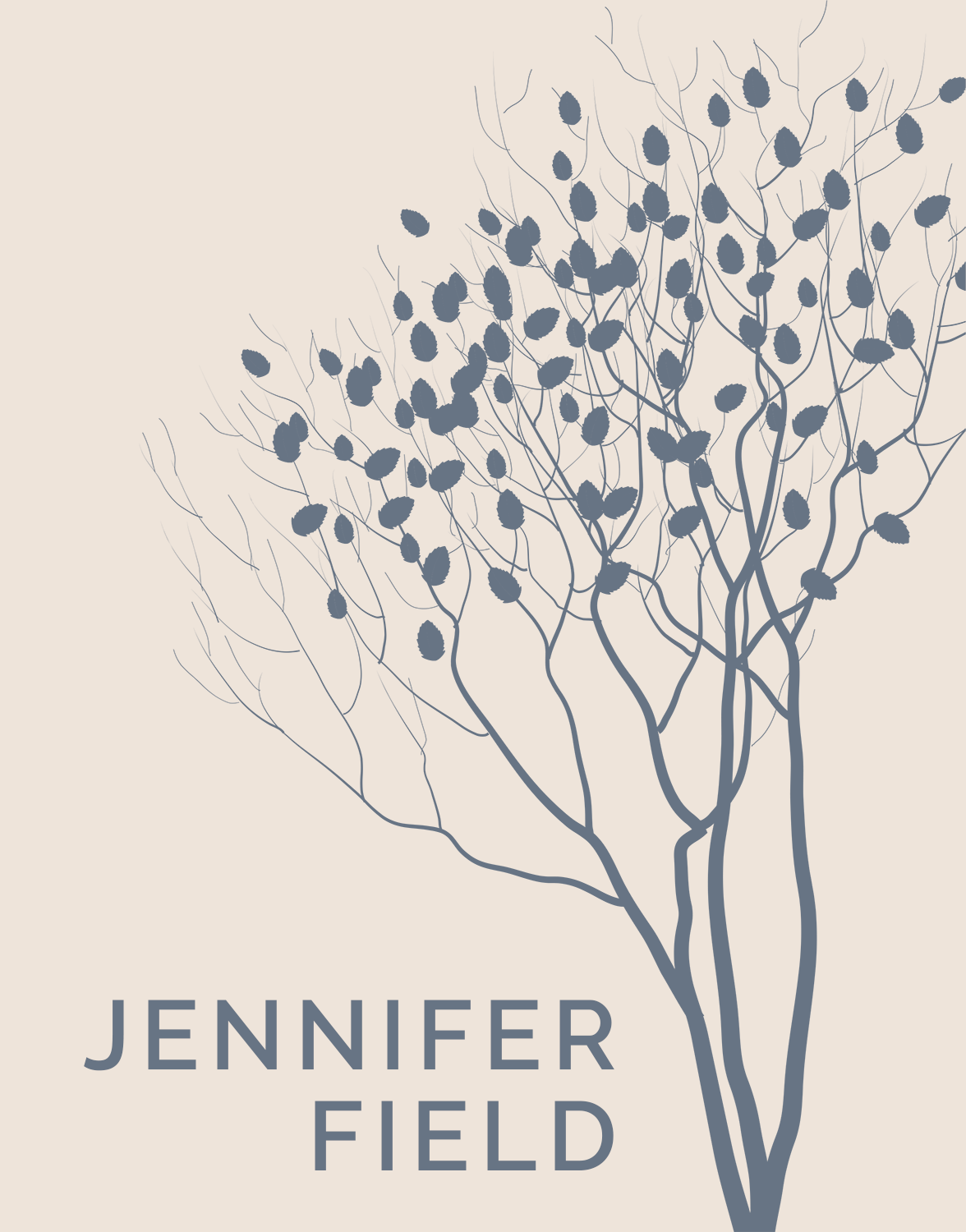In A Relationship With Disability
Everyone knows that having a relationship takes work and having a relationship when you have a disability can unbalance the equation and takes a lot more work. It is thought that we form relationships based upon unique bonds and inexplicable attractions to each other. When a disability is factored in the bond can break or conversely become stronger.
I once read, "that which makes us most human is most vulnerable to brain injury."
Dealing with a brain injury makes the complexities of a relationship that much stronger. We as humans have a hard time understanding disabilities. I have felt guilty for my limitations at times. But I have also been fortunate to be in a very strong relationship where my challenges do not matter.
Some people may not understand the hard work that having a relationship when you have a disability entails. Everything becomes unbalanced. When I am in a relationship I am more aware that I have a disability, caused from a very severe head injury in an automobile accident. My lack of balance, double vision, slurred speech, and trouble with memory seems even more present. I cannot drive anymore. This is a huge burden on a relationship. I feel sometimes that I am a young child, not having matured into an adult.
Life on its own can be fragile and heartbreaking, but no one really thinks about how damaging a trauma can be on a relationship. Whether you are dealing with an incredibly strong or weak bond, there is no telling what the affects of any kind of disability will be.
However, I have been told again and again that the more someone is with me, the less these obstacles are apparent to them. So it seems these obstacles are more about my own insecurities than they are about my partner’s perception of me. I have to learn this lesson over and over again. I realize that I have to have self-confidence to be attractive and inviting to others.
In the past, I have dealt with a very visual disability, having trouble with my speech, balance issues, and very slow reactions. So to me looking back it is more understandable when someone reacted to me as if I were abnormal, but my heart now goes out to those who have an invisible disability. I understand how that feels now. But, luckily my disabilities have lessened. With hard work and therapies I have improved greatly, but past experiences tend to resurface for me. No one can truly understand. I do not think that some people readily understand a disability if it is not staring them directly in the face.
As I look back at my relationships since my head injury in 1992, I can see a lot of similarities. I feel that I have had to work hard to gain and maintain a relationship, not having had enough confidence in myself. Therefore, I am insecure, always questioning the relationship and myself. My lack of independence can heighten my need. This can lead to an unstable relationship. It is very difficult for me to look back at my actions and see that my insecurities made me needy and demanding! I realize now that the most important thing is to not only to take care of myself but figure out my partner’s needs and give unconditionally.
Has this ended? Have I found enough confidence to be a self-assured woman? Am I able to stand up for myself, and feel sure that I can and will have a meaningful relationship? It’s something I work on and think about everyday, and being in a relationship has been the biggest help of all.
I have found some points that have helped me undertake a healthy relationship:
Being as self-reliant as possible so that your partner does not feel overburdened is essential.
Have a good understanding of your strengths as well as your challenges.
Understand how your disability affects your behavior and your ability to communicate.
An understanding is essential that some tasks might take you longer to do than they take other people.
Always explain to your partner the accommodations you need. For example, if you have trouble following a series of directions and your partner asks you to do three things after dinner, reply with a direct statement, such as "Please write down what you need, or give me the directions one at a time."
Be open to improving your social skills. Ask your partner or spouse to give you feedback on things you should or shouldn't do.
My own limitations created the wall around myself. This is a challenge that most people with disabilities face. Disabilities should not prevent a person from finding happiness and living a full and rich life. As I said in the beginning of this article, embarking in a relationship when you have a disability can be daunting. If you free yourself up to focus on the needs of others, it can take you out of yourself and be transformative.

